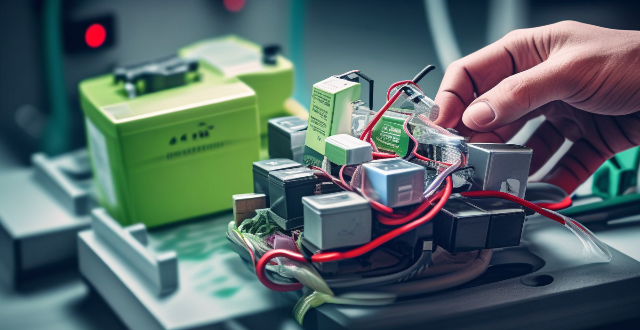Lithium batteries can be recharged, and the process involves the movement of lithium ions between the positive and negative electrodes. Proper charging practices ensure their longevity and safety.

Can Lithium Batteries Be Recharged?
Introduction
Lithium batteries are widely used in various electronic devices, including smartphones, laptops, and electric vehicles. The question of whether lithium batteries can be recharged is crucial for their continued use and sustainability. In this response, we will explore the answer to this question and provide a detailed explanation of the charging process.
Main Points
1. Yes, lithium batteries can be recharged.
2. The charging process involves the movement of lithium ions between the positive and negative electrodes.
3. Proper charging practices ensure the longevity and safety of lithium batteries.
Explanation
Yes, Lithium Batteries Can Be Recharged
Lithium batteries are designed to be rechargeable, which means they can be charged and discharged multiple times. This feature makes them a popular choice for portable electronic devices that require a reliable power source.
Charging Process
The charging process of a lithium battery involves the movement of lithium ions between the positive and negative electrodes. When a lithium battery is charged, an external power source applies a voltage across the battery terminals. This voltage forces the lithium ions to move from the positive electrode (cathode) to the negative electrode (anode). As the ions move, the battery's internal resistance decreases, allowing more current to flow through it. Once the battery is fully charged, the external power source is disconnected, preventing overcharging and potential damage to the battery.
Proper Charging Practices
To ensure the longevity and safety of lithium batteries, it is essential to follow proper charging practices. These practices include:
- Using the correct charger: Using a charger specifically designed for lithium batteries ensures optimal charging and prevents damage to the battery.
- Avoiding overcharging: Overcharging can cause damage to the battery and reduce its lifespan. It is essential to monitor the charging process and disconnect the charger once the battery is fully charged.
- Maintaining proper temperatures: Lithium batteries should be charged and stored at moderate temperatures to prevent thermal runaway, which can lead to fire or explosion.
Conclusion
In conclusion, lithium batteries can indeed be recharged, making them a versatile and sustainable power source for various electronic devices. By following proper charging practices, users can ensure the longevity and safety of their lithium batteries, extending their useful lifespan and reducing the environmental impact of disposable batteries.